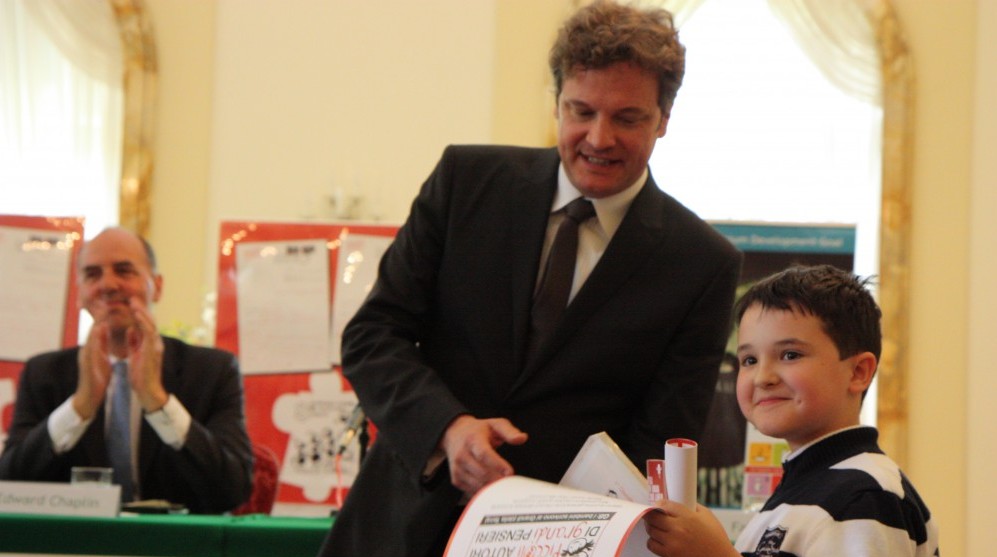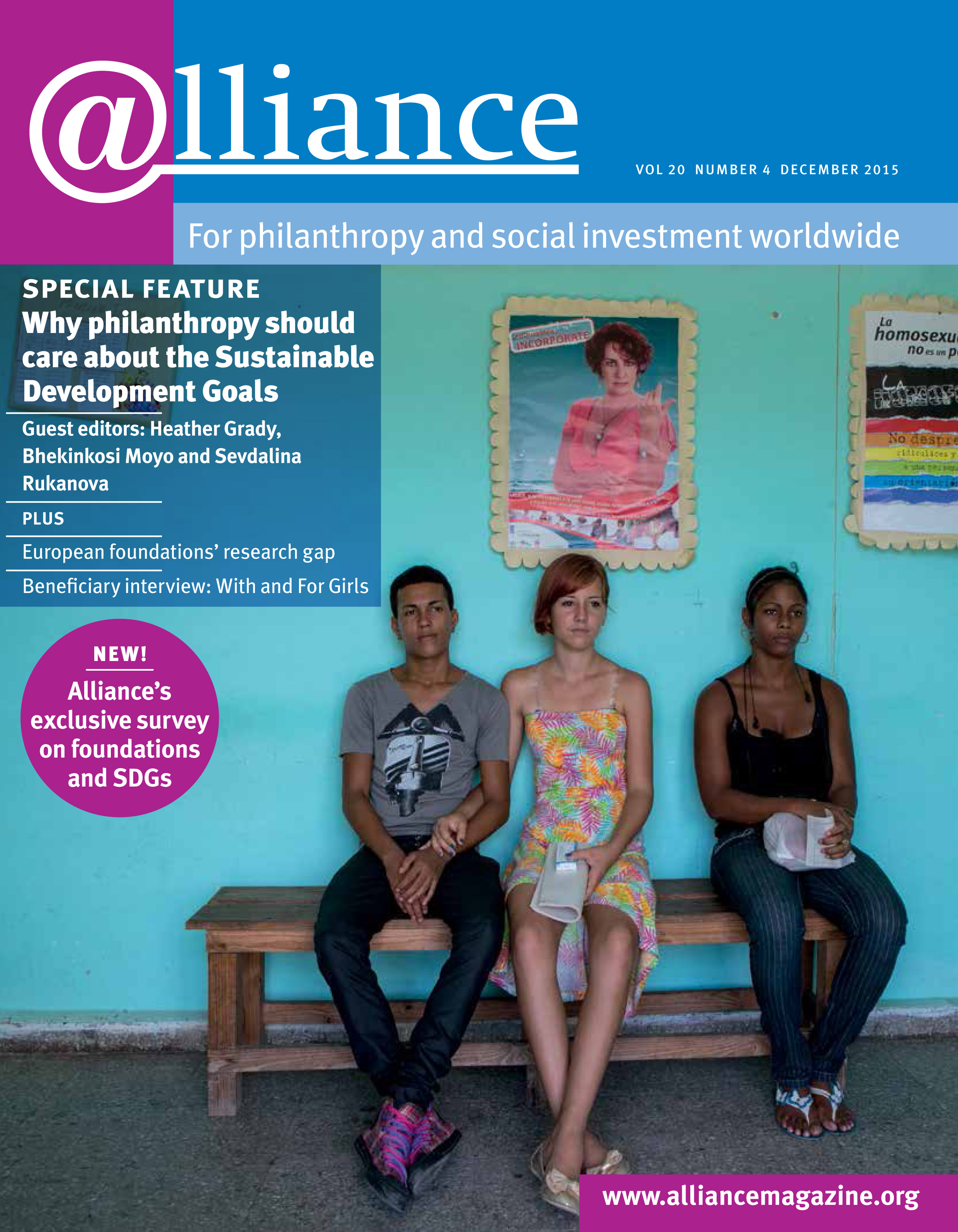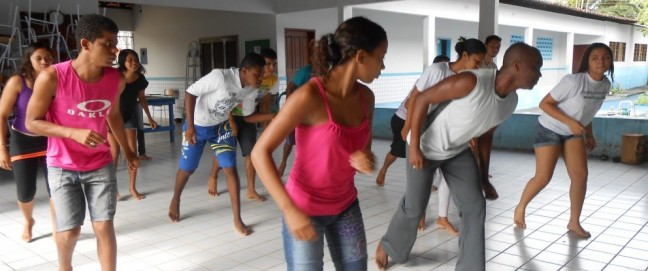The Sustainable Development Goals set a new vision for the future of our societies: unlike their predecessors, the MDGs, they don’t distinguish between developed and developing countries and they are meant to be applied universally. This makes sense at a time when problems like migration, climate change and poverty are increasingly global.
But what will these apparently very distant objectives mean to the daily life of citizens in Vienna, Bucharest, Turin, Lisbon or Milan? To appreciate this, a critical understanding of, and active engagement with, the SDGs among all citizens, especially young people, is needed. Development should be a shared responsibility and right for all citizens. Foundations can have a very powerful role in catalysing local authorities, schools, NGOs and non-profit organizations to build a new vision of these subjects and stimulating a better understanding of their effect on all of us.
Two Italian foundations, Compagnia di San Paolo and Fondazione Cariplo, started working in this field in 2008, with a project called Fondazioni4Africa – a joint development cooperation initiative promoted by four Italian foundations between 2008 and 2013 in Northern Uganda and Senegal. The programmes had specific development‑education elements and were run in schools in the two African countries and in Italy.
Students, teachers, young people and diaspora associations discussed themes like migration, human rights and sustainable agriculture, forming stable links between teachers, schools and students in the three countries. From this experience, we learned that initiatives involving African and Italian students and schools can enhance the sustainability of development cooperation programmes.

The ‘Little authors of great thoughts’ competition was aimed at enhancing awareness of the Millennium Development Goals (MDGs) in Italy. First prize‑winner Leonardo Bernardini, receives a diploma from actor and Oxfam Ambassador Colin Firth. Schools and teachers are among the most effective targets for global citizenship education.
A separate programme engages schools, teachers and students of four European and three African countries on migration issues. Started in 2013, it is co‑funded by the European Commission, Fondazioni4Africa, Compagnia di San Paolo and Fondazione De Agostini.
Digital learning units are available on the website. Activities and tools for working on global citizenship, migration and multiculturalism in schools have been developed, and there have been joint work experiences and exchanges between schools in Austria, France, Italy, Romania, Senegal, Burkina Faso and Benin. In addition, TV programmes on migration have been broadcast. This project has again shown us that schools and teachers are among the most effective targets for global citizenship education.
The project has also demonstrated that foundations can play a very important role in promoting development education. They exert a powerful leveraging effect by co-funding larger European initiatives where methodologies and approaches already tested in a specific context can be applied elsewhere.
From 2015 to 2017, the EAThink2015 project will provide a further opportunity for foundations to show their value to the global citizenship agenda.
‘Foundations can play a very important role in promoting development education. They exert a powerful leveraging effect by co‑funding larger European initiatives where methodologies and approaches already tested in a specific context can be applied elsewhere.’
EAThink, funded by the European Commission, aims to increase European students’ and teachers’ critical understanding of, and active engagement in, global development challenges with a specific focus on food security and sovereignty, sustainable food systems and smallholder farming, under the motto: ‘Eat local, think global’.
Fondazione Cariplo, as implementing partner and co-funder, will act as Development Education and Awareness Raising (DEAR) Ambassador with the aim of involving other foundations, local authorities, social innovators and CSOs in 13 EU countries in a common plan to create DEAR funding. The programme will place DEAR in school curricula and find innovative methods of disseminating it. Compagnia di San Paolo and the Gulbenkian Foundation will also fund the programme. All these activities tend towards a global education movement that demonstrates one of the fundamental precepts of the SDGs: ‘universality and interconnection’ of choices and changes.
Marzia Sicia is coordinator of the New Generations and ZeroSei programmes at Compagnia di San Paolo. Email marzia.sica@compagnia disanpaolo.it
Cristina Toscano is programme officer for development cooperation at Fondazione Cariplo. Email cristinatoscano@fondazionecariplo.it





Comments (0)